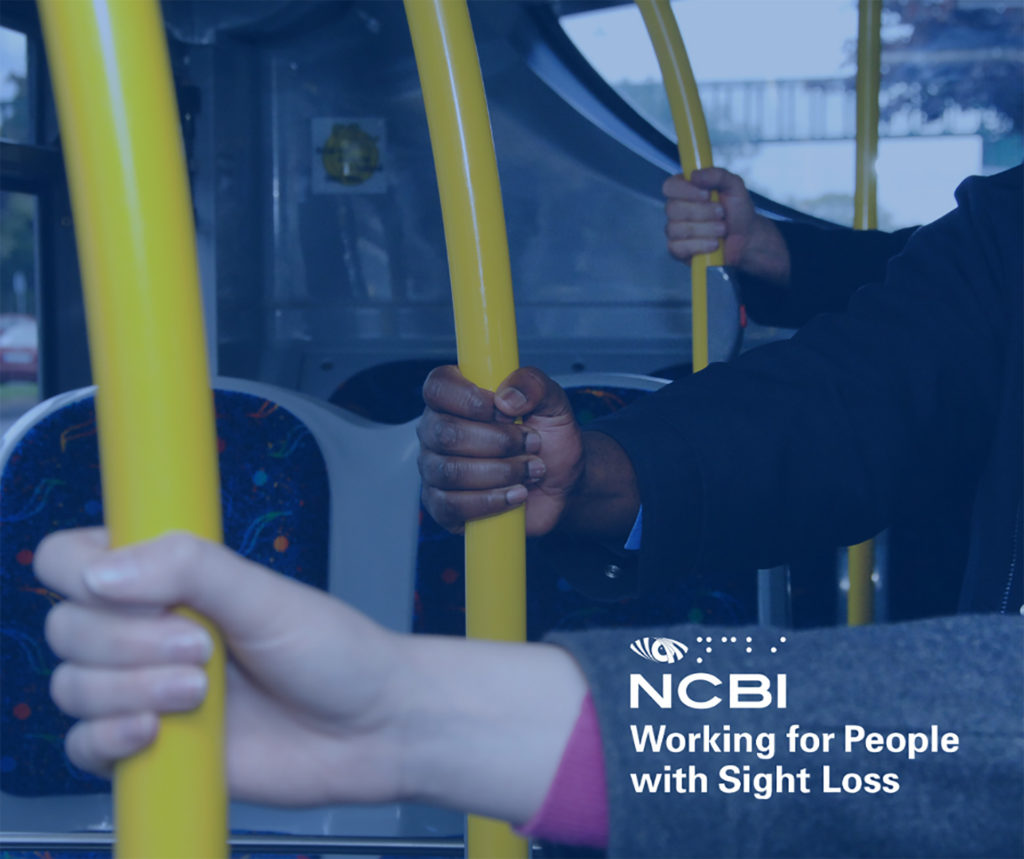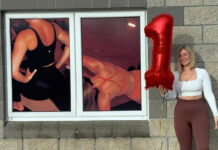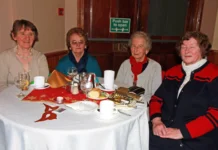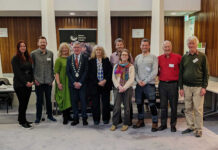NCBI (National Council for the Blind of Ireland) is highlighting how people who are blind or vision impaired live in a very tactical world, yet Covid-19 has robbed them of their sense of touch with increased risks associated when touching public surfaces, e.g. handrails and this makes it more difficult to navigate their new environment safely.
Also living with Covid-19 makes practising social distancing very challenging, leading to further isolation for these people. NCBI is reminding the public to consider this and to offer support.
June Tinsley, NCBI Head of Advocacy, said: “As the country is in the middle of yet another Level 5 lockdown, the public must have a greater understanding of the challenges faced and how they can help overcome them.
“Those living with sight loss in Ireland felt the impact of isolation due to Covid-19 dramatically in 2020. This led many not being able to leave their homes at all during this time.”
Although the community is hopeful the vaccine is imminent, it is important to highlight the unique challenges that Covid-19 present to the 54,810 people who are blind or vision impaired. These include:
- Being unable to judge distances, thus making social-distancing impossible.
- Being unable to see temporary markings to illustrate distance.
- Often being unaware of the existence of a queuing system, or where a queue begins or ends.
- Being unable to locate or read signage outlining the hygiene practices to be followed.
- Guide dogs are not trained to socially distance.

June Tinsley added: “To aid the public, NCBI would strongly encourage people who are blind and vision-impaired to always carry a long cane or a symbol cane when in public places to allow easy identification of vision impairment.”
How the public can help:
- People should always afford a blind or vision-impaired person the required two meters’ distance in all circumstances.
- People should make their presence known before offering assistance, which many blind and vision-impaired people will welcome.
- People can offer verbal instructions which may be very helpful to the blind or vision-impaired person in certain circumstances – the key here is always to ask first.
- People should never just grab someone who is blind or vision-impaired in the belief that they are being helpful.
- When queuing outside shops, people should be careful not to block the path of someone who is blind or vision-impaired.
Erika Reddy, an NCBI service user,said: “Covid-19 and its associated restrictions have been really tough for everyone, but my world is so tactile that things like going to the supermarket safely have become impossible. My sense of touch is how I get through life, but this is also how you catch Covid-19.
“Since last March, I have barely left the house for fear of either catching the virus or the public not being aware I have sight loss and I cannot see if I am social distancing in a queue or not.
“I want to abide by Covid-19 rules too but can only do that if the public respect my space and assist in a cordial manner.”











